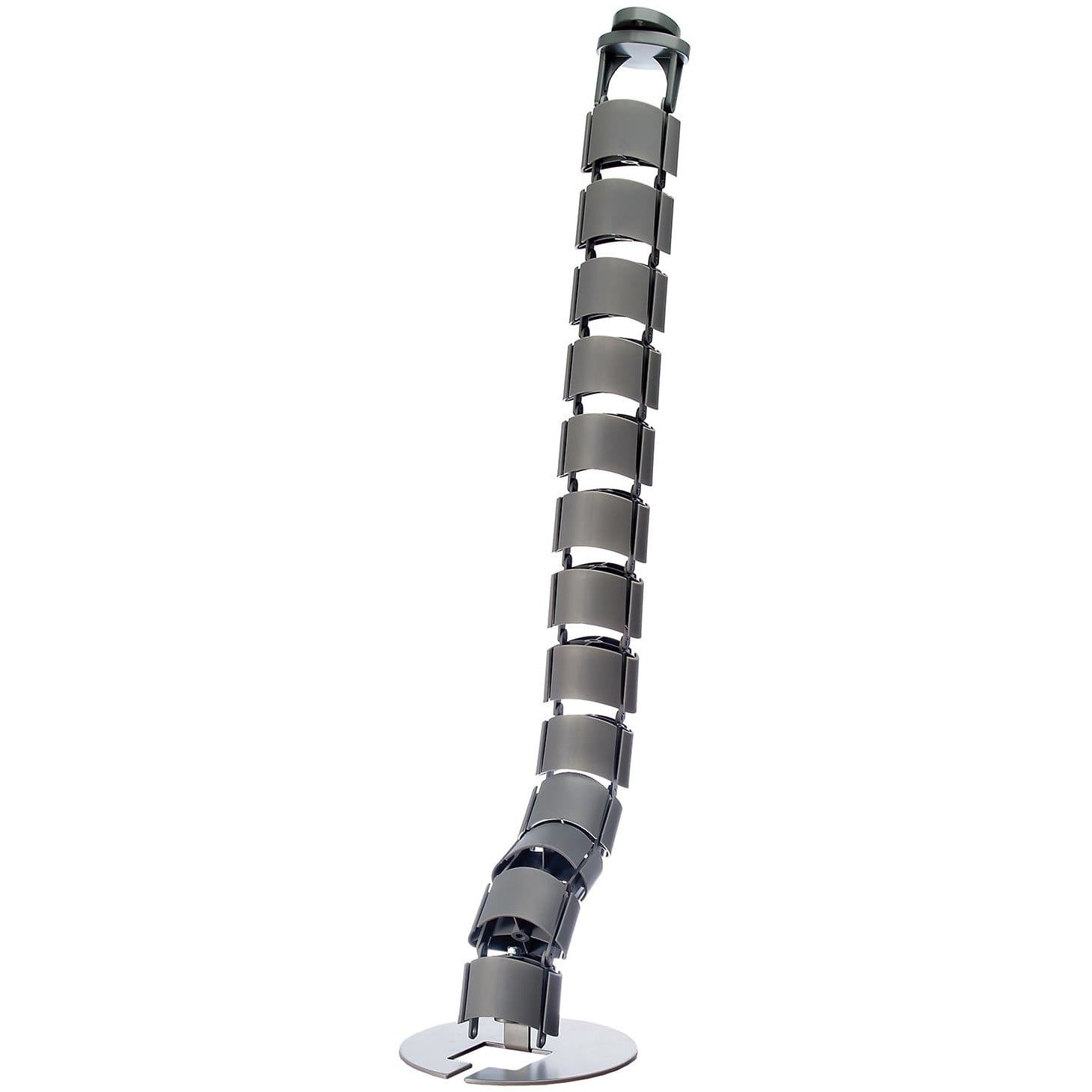
Tips for Preventing Carpal Tunnel Syndrome at Work

Carpal Tunnel Syndrome (CTS) is a common issue among office workers and others who regularly use computers or perform repetitive hand and wrist movements. It's characterized by numbness, tingling, or weakness in the hand, resulting from pressure on the median nerve in the wrist. Although it's a serious condition, there are numerous strategies you can employ to prevent its onset, especially in the workplace. Let's explore some of these tips.
1. Maintain Proper Posture
Slouching can put undue pressure on your neck and shoulders, which may translate to more pressure on your wrists and hands. Always make sure you're sitting upright with your back supported and your shoulders relaxed.
2. Correct Hand and Wrist Position
When typing or using a mouse, your hands should be aligned with your forearms, not bent up, down, or to the sides. Correct height of your desk and chair are crucial here. There are ergonomic keyboards and mice available that promote a more natural hand and wrist position.
3. Take Regular Breaks
It's easy to get caught up in work and forget to take a break. However, it's important to give your hands and wrists some time off from repetitive movements. A good rule of thumb is to take a 5-10 minute break every hour.
4. Do Hand and Wrist Exercises
Regularly doing exercises can help strengthen your hand and wrist muscles, reducing the risk of Carpal Tunnel Syndrome. Simple exercises like wrist stretches, finger touches, and making a fist can all contribute to healthier wrists and hands.
5. Use Ergonomic Equipment
As mentioned earlier, ergonomic keyboards and mice can help promote a healthier hand and wrist position. Additionally, wrist rests can also help by providing a surface to rest your wrists when you're not typing or using the mouse.
6. Avoid Forceful Movements
Typing softly and using a light touch on the keyboard can help prevent strain on your fingers and wrists. Similarly, avoid gripping your mouse too tightly.
7. Stay Warm
Keeping your hands warm can help prevent stiffness and discomfort. If your workplace is cold, consider using fingerless gloves to keep your hands and wrists warm while still allowing for movement and flexibility.
8. Maintain Good Overall Health
General health measures like staying hydrated, eating a balanced diet, getting regular exercise, and managing stress can all contribute to preventing Carpal Tunnel Syndrome.
Remember, Carpal Tunnel Syndrome is a serious condition that can severely impact your work and quality of life if left unattended. If you're experiencing persistent pain, numbness, tingling, or weakness in your hand or wrist, it's important to seek medical attention. Your health comes first, always.









